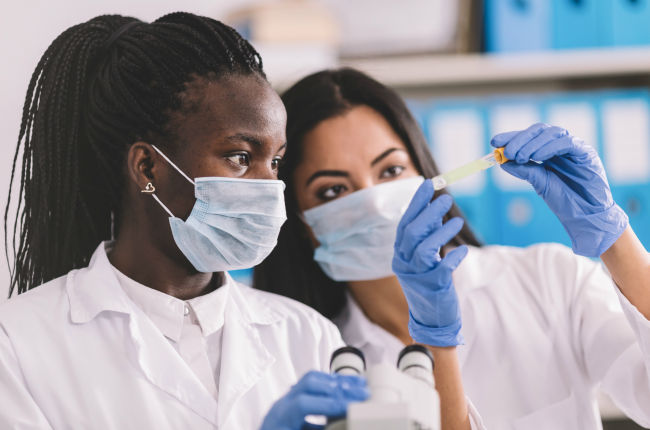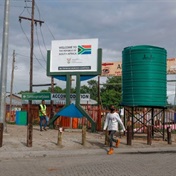
As the country is technically in a third wave of Covid-19 infections and deaths on the rise, it is crucial we don't drop our guard.
Vaccinations have been few and far between and it's vital we do everything we can to follow the safety protocols to the best of our ability.
Here's a reminder of what we need to do to prevent catching and spreading the virus and flatten the curve once again.
Read more | Are you ready for the third wave?
Where are we now?
We have endured over 440 days under lockdown and as winter has crept in and new variants are emerging, Covid-19 cases seem to be on the rise again.
On Thursday, South Africa recorded almost 10 000 new confirmed cases and 100 deaths, bringing the country’s death toll to 57 410.
Despite the vaccination rollout passing an important milestone of reaching one million people at the start of this month, it has been dismally slow.
Health experts suggest people have become complacent and are no longer following the recommended safety protocols.
Read more | Beating Covid-19 – A day in a vaccination centre
Safety measures
Keeping safe means we need to make changes to our behaviour.
It has meant a much greater emphasis on hygiene, and this has been the main focus for people. With this in mind, we are asked to:
- Sanitise regularly
- Wash our hands regularly
- Wear masks
- Respect social distancing and keep at least one metre distance from others.
We also need to avoid touching one another. So, no hugging, but we seem to have successfully adopted new ways to greet each other in our attempts to curb the spread of the virus, like elbow bumping.
We must be prepared to self-isolate to keep ourselves from possibly infecting others if we think we might be infected. This involves limiting contact with family, friends, colleagues, public places, and public transport.
If you have been in contact with someone who has had Covid-19 and you are experiencing the symptoms, you should go for a test.
The symptoms
Symptoms vary and they can be anything from mild to severe. They may appear between two and 14 days after exposure to the virus.
The most common signs are:
- Fever or chills
- Cough
- Shortness of breath or difficulty breathing
- Fatigue
- Muscle or body aches
- Headache
- New loss of taste or smell
- Sore throat
- Congestion or runny nose
- Nausea or vomiting
- Diarrhoea.



















